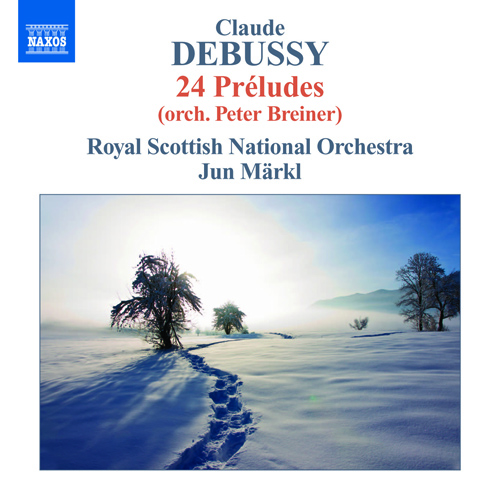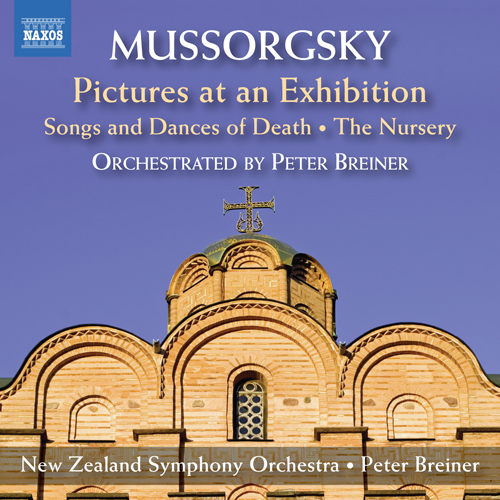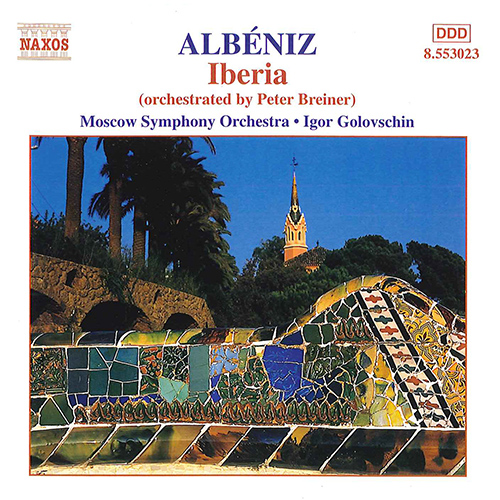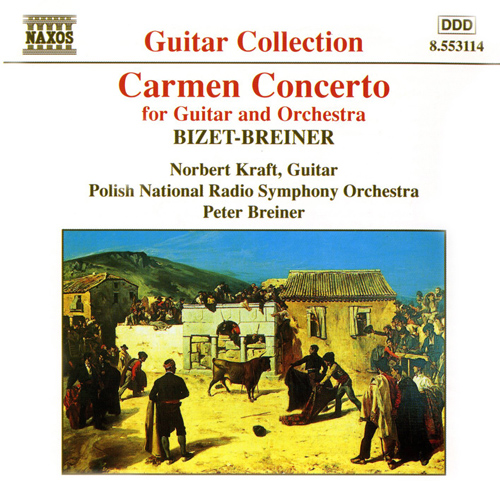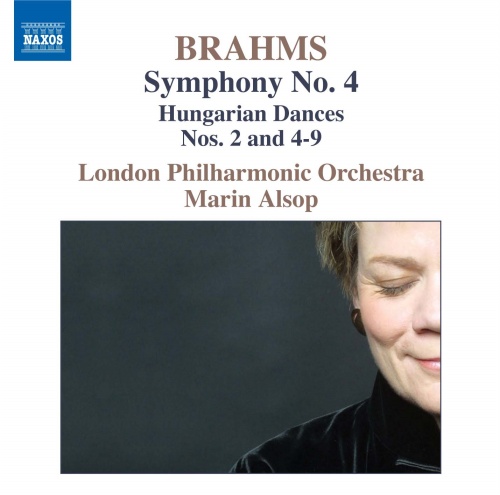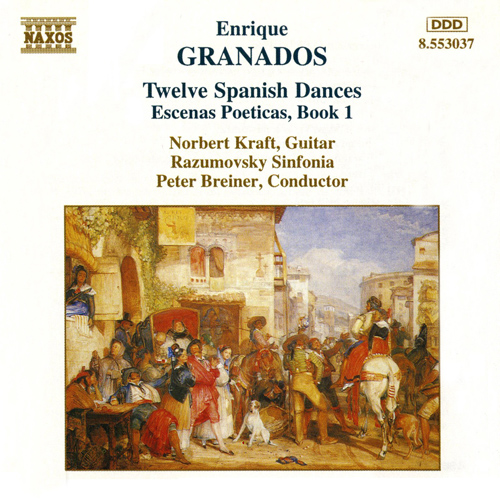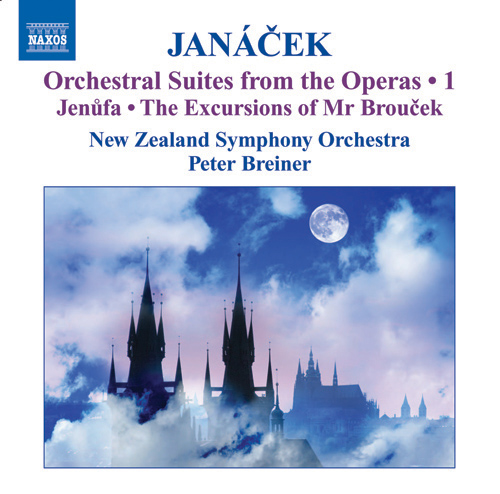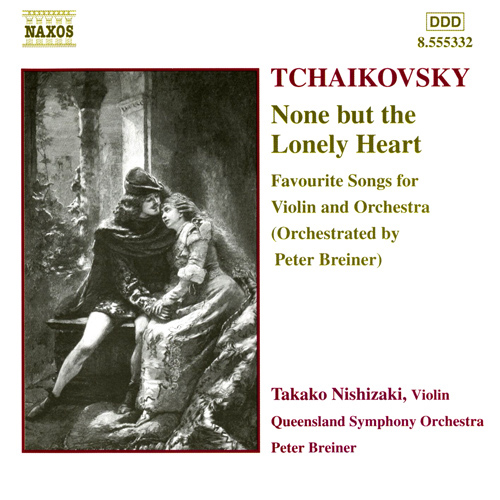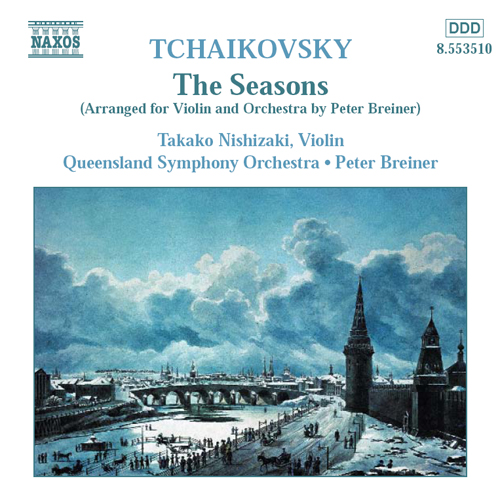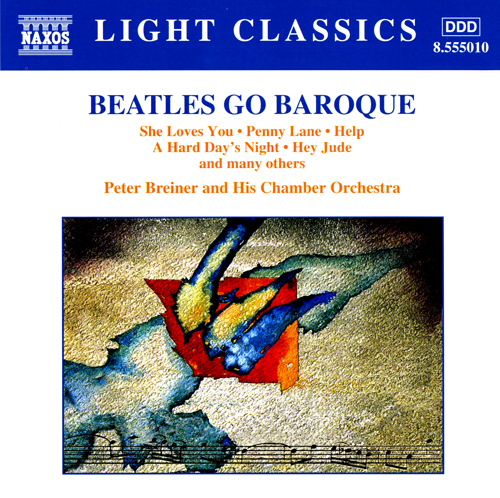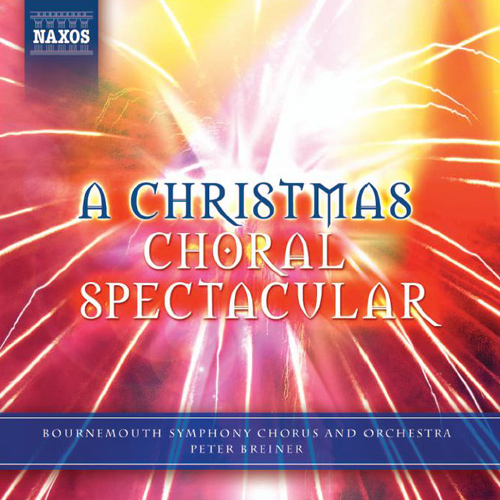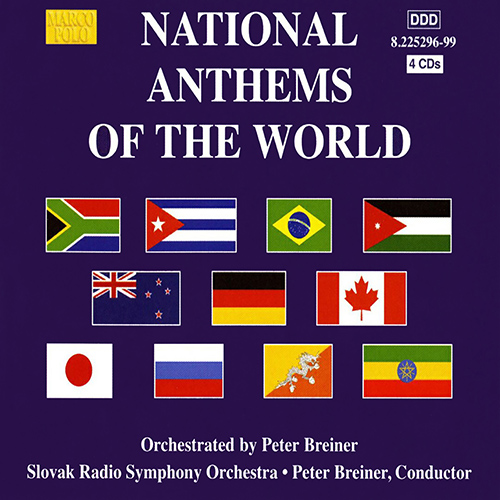Alchemist Extraordinaire: Peter Breiner talks to Jeremy Siepmann
September 16, 2012
Photo: Gulnara Samojlova
Peter Breiner’s memory goes back a long way, but music in his life goes further still. Best known as a brilliant and prolific arranger, he is also a composer, conductor, pianist, percussionist (for many years a professional) and voracious musician. For all his instrumental skills, he is first, last and always a man of the orchestra. That conversion, unsurprisingly, came early, though not quite as early as one might imagine. And the day he lost his heart to the orchestra—the day the world changed before him—he remembers with crystal clarity.
‘I was around 10 or 11 when for the first time I saw an orchestral score. I recall it as though it were yesterday. It was Smetana: “Vltava” from Má Vlast. I was absolutely fascinated by having the option of reading not two lines but thirty-five or forty at the same time. It was quite a shock, actually! Almost immediately I tried to do the same thing, to write for orchestra. Of course at ten your plans are not small, so I started with an opera!—I still have the score, which is quite funny, of course. But I was growing up in a very small town—Humenné, in Slovakia—where orchestral concerts were either non-existent or very scarce. All my options, therefore, were really rather theoretical—reading scores and writing them, with little or no guidance. Later, however, I went to the conservatory in Košice, where there was a symphony orchestra and an opera in the town. More importantly still, the school had an orchestra! Immediately, and from then on, I immersed myself in all things orchestral. When I was 14, I found in the school library a piano score of Gershwin’s Porgy and Bess. There was no full score, just this piano reduction, so I made my own orchestration of the overture. I wrote all the score, all the parts, over a few nights, and put it on the stands for the school orchestra. At that time, Gershwin and jazz were almost illegal to play in a Communist conservatory, but after the regular orchestral lesson I persuaded all 70 people in the orchestra to stay on for another half-hour and try to play this overture, because it was such a fascinating piece of music. Of course it was a disaster, but that was my first experience with transcription and conducting at the same time.’
The first step on a road which would stretch farther than he could have imagined. But by what procedures does Breiner so impressively translate one tonal world into another? ‘Actually, this is something I do rather instinctively. I had the rare luck to go through an enormous amount of scores, closely analysing them as I went, during my university years, when I also worked full time as a radio producer. For four or five years, on a daily basis, I was recording new works with a full symphony orchestra, so I got to know many scores in quite considerable detail, and thereby absorbed the styles of many different composers. Later, when I began to emulate styles with which I was already familiar, it all came quite naturally to me. And in time I came to do this without much effort, without having to analyse the style in great detail, because somehow I already owned it.’
Citing one of Mr Breiner’s most renowned predecessors, I remarked that Leopold Stokowski’s famous orchestrations, for all their brilliance, often sound like orchestrations, while Breiner’s tend to sound remarkably like originals. How does he manage to transform the sound world of a piece while still preserving its original spirit and character? ‘Well to begin with, I never set out to make it sound different. My goal is to make it sound as close to the original composer as I can manage. Stokowski’s case was exactly the opposite. He wanted everything to sound like Stokowski! I work as a composer as well, so that’s part of my need to emulate the original, to sound as though the composer I’m transcribing had done the job himself. Only in my own music do I set out to sound like myself. Elsewhere my aim is to make Debussy sound like Debussy, Janáček like Janáček, Tchaikovsky like Tchaikovsky and so on. If I manage that then I’ve reached my goal.’
But what of lesser composers? In his ground-breaking orchestrations of all the world’s national anthems, did Breiner follow any guiding principles? Did he set out to reflect the characteristic sound worlds (and emulate the musical styles) of the various different countries? ‘Well, to tell the truth, that was one of my original intentions, but as soon as I started working on the anthems, I discovered that most of them are really very bad music! So my main effort was not to emulate a style, because it’s very rare that a national anthem expresses anything about the country or culture concerned. For example, we would probably expect something exotic or colourful in anthems from Africa, but most of them are actually the works of colonial brass band leaders, dating from the late 19th and early 20th centuries, when former colonies became independent states—and it’s really just bad European music; nothing to do with Africa at all. So all I could to do was to improve many of these as best I could—to come up with some better solution in harmonies, for instance, than the original composers had done. There are only a handful of anthems by real composers, like Haydn or Mozart or Gounod and maybe three or four more. All I could do with the rest was to make them sound as good as possible and hope for the best.’
Returning to the upper end of the spectrum, I asked if there were certain works that had proved especially challenging. ‘One where I did encounter major problems was Albéniz’s Iberia. That really took some time and effort, and it was one of the very few pieces that I did a rewrite of. The first result just wasn’t what I really desired. That was one case where my percussionist’s background was a hindrance. The simple fact is, I over-percussioned it. Though I obviously didn’t realise it at the time that I did it, it was simply too much. As a percussionist myself, I knew all about sitting there for lots of time doing nothing except counting. So I wanted to give them something to do. But I simply overdid it. To the point of ridiculousness! Really! So I scrapped the entire first version and began again. But it taught me well. Because ever since then I’ve been watching myself very carefully on that front!’
Do some composers, I wondered, lend themselves to transcription better than others? ‘Oh definitely. There are composers who think orchestrally and there are others who didn’t write for the orchestra so much—in Chopin’s case, hardly anything—and it shows even in their piano pieces. And we can go back to Albéniz again, who wasn’t essentially an orchestral composer. His writing for piano alone is already very difficult and one might think it would lend itself naturally to orchestration, but quite the reverse is true. And there are a few composers who are so pianistic that it’s difficult to imagine any transcription really working. This applies to most of Chopin, and a lot of Liszt, too. The virtuoso pianism is often untranslatable, it seems to me.’
And is there any music that he would very much not want to transcribe? ‘Quite a lot, actually. And high on the list, rather surprisingly, is the piano music of Beethoven, pretty well wholesale. That was actually one of the first things I had to do when I started composition at high school. My instrumentation teacher gave us Beethoven sonatas to transcribe. He told us it would be difficult but he felt that we’d get a lot out of trying. I still have the transcriptions I did, but I really have to say, I think, that in general Beethoven sonatas definitely don’t lend themselves to orchestral translation. Somehow the losses are always too great. This, of course, is very ironic, since we’re always hearing about how orchestral Beethoven’s piano writing is. But for reasons too subtle and technical to go into here, orchestral transcriptions of it never sound like Beethoven’s orchestral music. An interesting case, though, is the Sonata in E, Op 14 No 1, which he himself transcribed for string quartet. But a quartet, of course, is not an orchestra.’
Does Breiner feel that there is, or has been, a good deal of snobbery when it comes to the subject of arrangement/transcription? ‘Oh absolutely! There’s a great deal of snobbery in classical music generally. In some circles, to touch anything commonly regarded as sacrosanct is considered a sin (yet Bach was a prolific arranger of other people’s music. So was Handel. So were many great composers). Inevitably, when my Janáček orchestral suites came out—basically six operas without singing—it was quite controversial. There was a big article in Gramophone magazine, about how that particular critic loved it. He admitted it was a guilty pleasure to approach Janáček’s music without all that dreadful singing in Czech! He admitted that for him that was a real obstacle, that he couldn’t help himself. So there are some people who really appreciated hearing Janáček music which was never actually written by Janáček (whose actual orchestral output isn’t all that big). These suites were a welcome addition to his orchestral catalogue, the critic wrote. On the other hand, predictably, there were purists opposed to the very idea, including some of my conducting colleagues, especially those who’ve specialised in Janáček. But my aim was simply to help “outsiders” discover what a fantastic composer Janáček was. It’s a plain fact that many people just don’t like operatic singing. Why not allow them to discover the beauties of Janáček’s music? I think this kind of snobbery does much more harm than good to classical music these days. We’ve been accused so many times of elitism and snobbery already, and to add to it just diminishes the not huge and evidently shrinking audience anyway.’
Looking back over his tremendously varied projects for Naxos, now numbering nearly nine hundred, does Breiner have any favourites? ‘Oh, many! Too many to remember. I’ve always had particular pleasure working on Tchaikovsky, because I think I’ve come pretty close in mimicking his orchestration. I feel a great affinity with his music and I hugely enjoyed transcribing Tchaikovsky songs for orchestra, or violin and orchestra, likewise The Seasons—and lately I’ve started doing the same kind of thing we did with Janáček, making opera suites. I discovered for myself his early opera The Voyevode, which I have to admit I didn’t know well at all. The suite, which we recorded with the New Zealand Symphony two or three months ago, sounds almost like another Nutcracker Suite—so enjoyable and fun and full of wonderful music. That’s certainly been one of my very good experiences. And then there was the project where I took a lot of Christmas songs and treated them in a Baroque style. That was really a lot of fun.’
And what of the present? And the future. What lies ahead? I’m really looking forward to the release of the Mussorgsky Pictures, for which, as a filler, I also orchestrated two of his song cycles, the Songs and Dances of Death, and The Nursery. And then there’s more Tchaikovsky, two operas (Naxos would like to continue doing other Tchaikovsky opera suites), plus I’m about to finish my own orchestral piece, that I hope will confirm that I have my own orchestral style as well. I’m also just finishing a big, ninety-minute cycle of dances, in the tradition of Brahms’s Hungarian Dances and Dvořák’s Slavonic Dances—and English dances and Cuban dances and whatever. There’s a long tradition of writing dances and dance cycles, of course, so I also decided to write a cycle of sixteen Slovak dances, based on Slovak folksongs; then I have some Handel transcriptions to do, some Chinese music (that’s all for Naxos)…so, as you can see, I’m quite booked!’
Which is very gratifying of course. And unsurprising. Mr Breiner is a professional to his well-honed fingertips, and an uncommonly gifted one to boot. But it’s hard to listen to many of his arrangements and transcriptions without having a sense that this is a man who clearly enjoys himself. Surely a stroke of genius like his brilliant blending of Irving Berlin’s ‘White Christmas’ and Bach’s Air on the G String must have given him a lot of pleasure! ‘Oh yes! But I get a tremendous joy out of the whole business. I simply love what I do. As you know, I’ve had this orchestral obsession since I can’t remember when, but to have been able to devote my whole life to my hobby—to my passion—is a rare pleasure. A rare privilege. I don’t think there’s anything luckier than to have a job, to do “work”, which one hugely enjoys almost every moment of.’
A lucky man indeed. But however controversial his chosen path, the beneficiaries of his self-acknowledged luck are far beyond counting, and are to be found all over the world. For those averse to the ‘operatic voice’ he is little short of a hero. Would Tchaikovsky ‘forgive’ him? (Tchaikovsky, who orchestrated Mozart in the style of Tchaikovsky? Mozart, who orchestrated Handel in the style of Mozart, who arranged Bach fugues and provided his own preludes? Bach, who arranged all and sundry?) Would all of them forgive him? The evidence speaks for itself.
Jeremy Siepmann is an internationally acclaimed writer, musician, teacher, broadcaster and editor.































